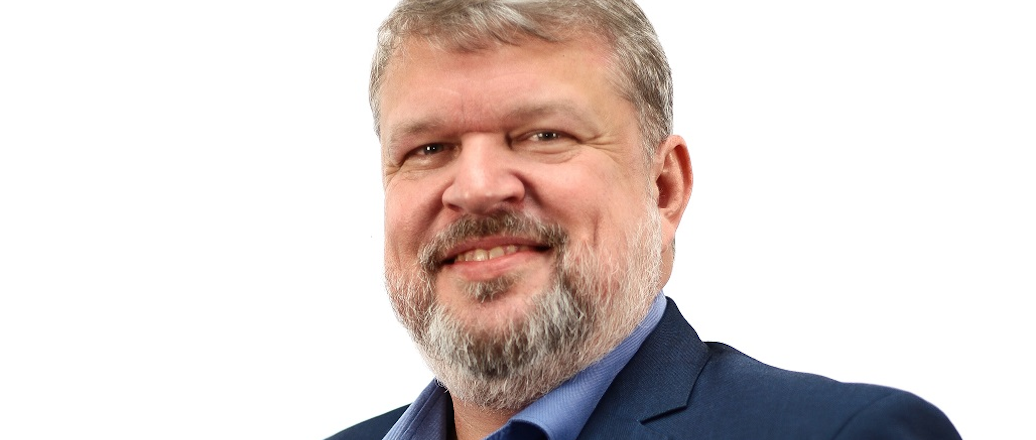In an election held in september, the Mineral Industries Union of the State of Pará (Simineral, in portuguese) elected its new president, the Hydro executive, Anderson Baranov. The executive takes over the union for the next four years.
This is the second time he will hold the position. In the first, between 2021 and 2022, celebrations took place for Simineral's 15th anniversary, the Simineral Communication Award, the update of the institution's visual communication identity, in addition to several other projects.
Furthermore, as president, Baranov actively participated in several forums and dialogues about the sector, including the Mining Thematic Council of the National Confederation of Industry (CNI, in portuguese).
“I am very honored to continue the work done so far! Together we will work on many positive issues such as COP, Environment, Human Rights, Social Projects, among others”, declared Baranov.
The choice of the new representative was made virtually and also marked the inauguration of the members of the Fiscal Council and Representative Delegates at the Federation of Industries of the State of Pará – FIEPA, in portuguese. The elected representatives will have a mandate from September 11, 2023 to September 10, 2027.
Trajectory
Currently, Anderson Baranov is Hydro's senior vice-president of External Relations for South America. In addition to being president of Simineral, Anderson serves on the board of the Brazilian Aluminum Association (ABAL) and is vice-president of the board of Abrace Energia, among others.
Administrator with a 30-year career, he works in management, corporate affairs (government, associations, institutions and unions), crisis management, communication and other areas. He has an International MBA in Public Policy from the University of Chicago, a postgraduate degree in Business Logistics and Materials Management from Fundação Getúlio Vargas, among other degrees.
Hydro's participation in trade associations in Pará, where it has three plants in operation, strengthens dialogue with authorities and communities in the region, as well as its commitment to the development of the territories where it operates.
: September 19, 2023
